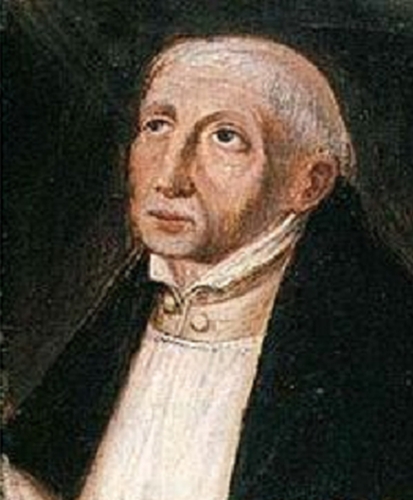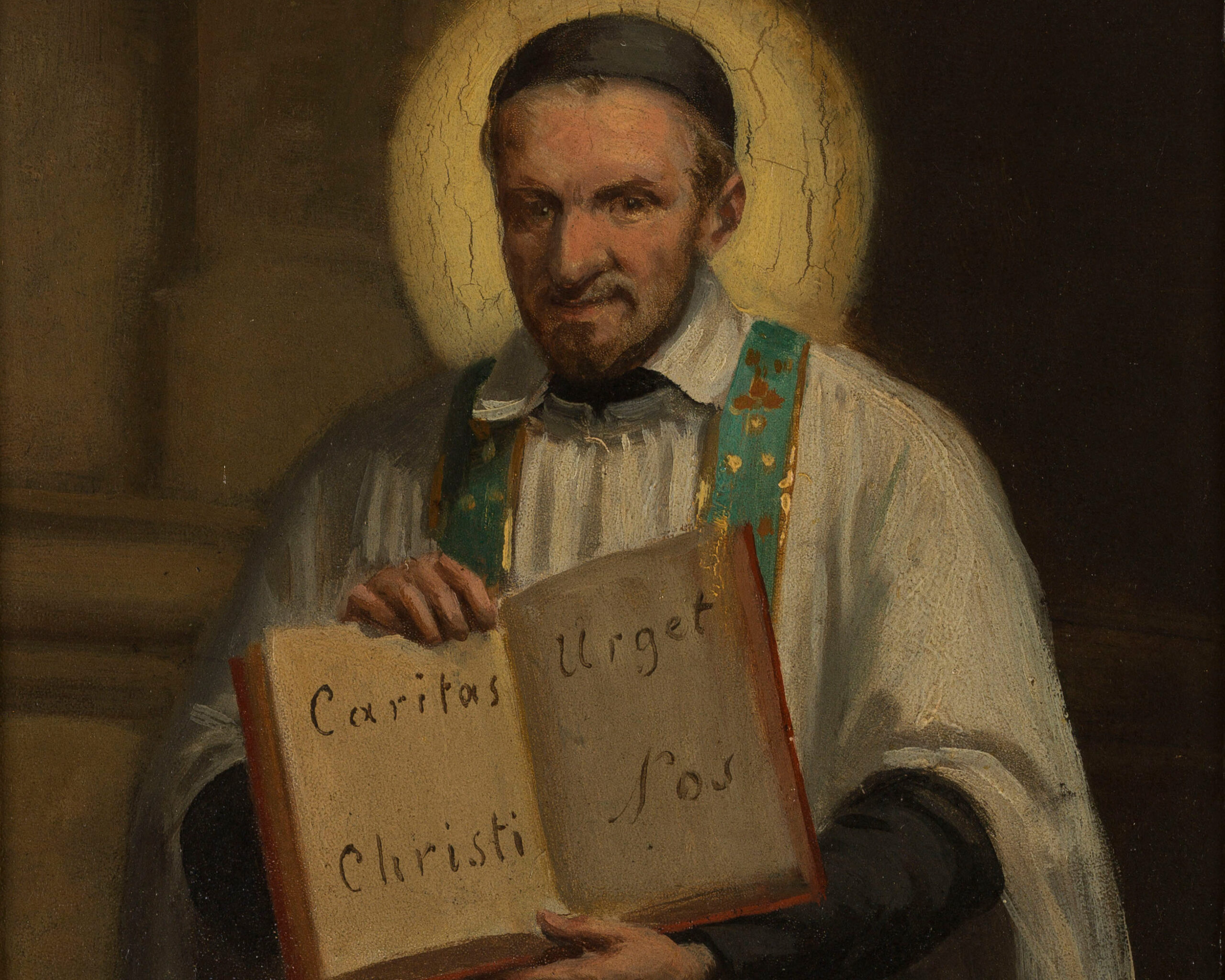Your letter, my dear Sister, reminds me of that passage in the Gospel which shows us a young man approaching Our Lord in order to ask Him the way to reach eternal life.
The good Master makes the immediate reply that he must keep the commandments, and when the young man answers that he has observed them faithfully up to that day, the Savior says to him: “If thou wilt be perfect, go, sell all that thou hast and give it to the poor and follow me.”
The question you ask me is the same as the question of this young man. You wish me to point out to you the shortest and surest way to reach the perfection which is the plentitude of eternal life.
If I did not know you as well as I do, I should reply that above everything you must keep your rule, since for all religious, their rule is the only assured path to perfection. But I know that you have been observing it for a long time with the most scrupulous exactitude, and that what you wish to learn from me at this moment is the most suitable practice to raise to high sanctity a religious who is in the habit of accomplishing faithfully all her duties.
And to that question, my dear Sister, I shall give the same reply as the good Master. If you wish to be perfect, strip yourself of all your own views, of all pretentions, of all self-seeking, of all thought of yourself, of all that you can call yours, and abandon yourself without reserve and once and for all to the direction and good pleasure of God.
Self-abandonment; yes, complete self-abandonment, blind and absolute, is for souls who are walking in your path the height and sum of perfection, for perfection consists in pure love and for you in the exercise of pure love consists in self-abandonment.
It is true that even the purest love does not exclude from the soul the desire of its salvation and perfection, but it is equally incontestable that the nearer a soul approaches to perfect purity of love the more it turns its thoughts away from itself in order to fix them on the infinite goodness of God.
The divine goodness does not oblige us to repudiate the reward that it destines for us, but it has surely the right to be loved for itself without any backward glances at our own interests. Such a love which does not exclude, but is independent of, the love of ourselves is what all theologians call pure love, and they all agree that the soul is more perfect in proportion as it habitually governs itself by the motive of that love, stripping itself entirely of all self-seeking, except in so far as its own interests are subordinated to those of God.
Moreover, total self-abandonment, without reserves or limits, has no thought for its own personal interests: it thinks only of God, His good pleasure, His Will, His glory; it knows and it desires to know nothing else.
Far from making self-interest the motive of its love, a truly abandoned soul accepts and generously embraces all that seems to tend to its own annihilation: obscurity, incertitude, weaknesses, humiliations. All this is pleasant to it as soon as it knows that it pleases its Beloved, because the pleasure and contentment of its Beloved make its own pleasure and contentment. It has no longer any will, any desire, any life of its own, but is altogether lost, engulfed and, as it were, annihilated in the dark and deep abyss of the Will of Him whom it loves.
I can tell you of souls that I have known who after having crossed hundreds of times this apparently terrifying pass of complete, unqualified, and limitless self-abandonment into the depths of the impenetrable designs of God could not prevent themselves from crying out in transports of joy and holy confidence: O will of my God, Thou art infinitely holy, just and adorable, but to me yet more lovable and beneficent. If Thou art fully accomplished in me, I must infallibly find in Thee my true contentment in this life and my eternal happiness in the next.
How could Thy infinite mercy permit Thee to will anything but what tends to the greater good of thy poor creatures? They alone can destroy themselves through the perversity of their own will which can prevent, and too often does prevent, the accomplishment of Thy holiest and most beneficent dispositions.
Give me then, my God, the grace to destroy by my entire self-abandonment these foolish obstructions and when this is done, assured of the fulfillment in me of Thy divine intentions, I shall be equally assured of my salvation and perfection.
This article is taken from a chapter in Self-Abandonment to Divine Providence by Fr. J.P. de Caussade, S.J. which is available from TAN Books.









